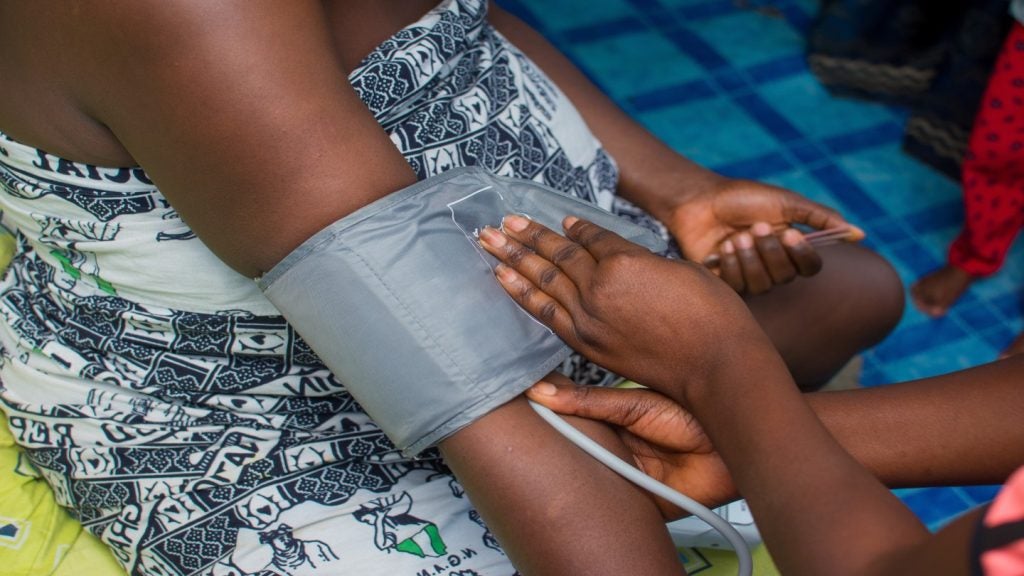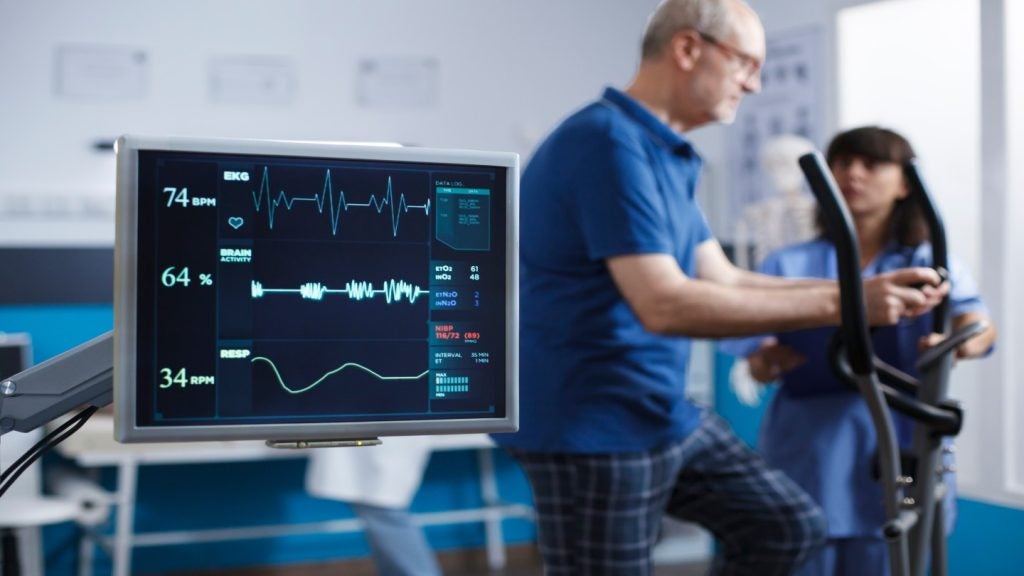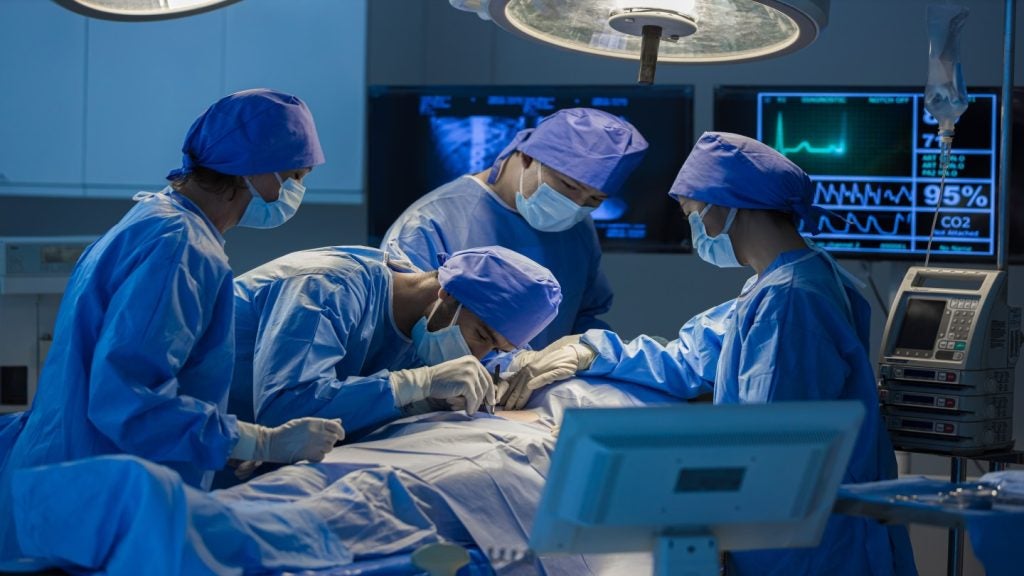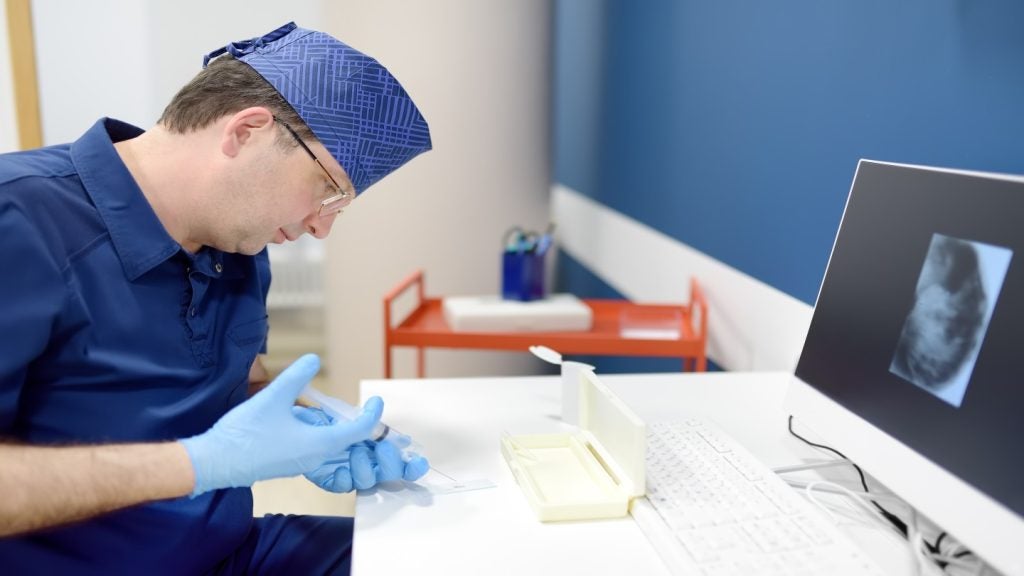The Lagos University Teaching Hospital (LUTH) has entered a collaborative agreement with the University of Maryland School of Medicine (UMSOM) in the US, focusing on the enhancement of chronic disease treatment in Nigeria.
The partnership aims to bolster capacity building, research, and the management of non-communicable diseases (NCDs), which are long-term health conditions requiring sustained treatment and care, Punch Nigeria reported.
NCDs such as hypertension, cancers, chronic lung illnesses, and heart diseases pose significant health challenges and impact patient survival rates.
According to The News Agency of Nigeria’s report, all these conditions are not primarily caused by acute infections but have long-term health consequences.
During a news conference in Lagos, UMSOM Dean Dr Mark Gladwin announced that the partnership would span the next ten years and seeks to improve NCD management in Nigeria.
Gladwin emphasised the collaborative effort would extend across various health institutions, including Lagos College of Medicine, LUTH, as well as the Institute of Human Virology, Nigeria.
Meanwhile, Dr Taofeek Owonikoko, a thoracic medical oncologist at UMSOM, outlined the partnership's goals to establish institution-to-institution collaborations in Africa for advancing the management of chronic diseases, particularly focusing on sickle cell and cancer.
Owonikoko pointed out that Nigeria, along with other African nations, is experiencing a high burden of NCDs.
He referenced a research report predicting an 80% increase in NCDs in Africa by 2040, underlining the urgency for enhanced disease management strategies.
Owonikoko added: “The whole idea is to build on an existing partnership with Nigeria in the area of NCDs research, treatment, and capacity development. NCDs are fast growing in low and middle-income countries, of which Nigeria is one of them.
“For the next ten years, our goal is to partner with the government, institutions both public and private to see how we can bring our expertise into the country.”
LUTH chief medical director professor Wasiu Adeyemo said: “In line with the hospital’s mandates as a teaching hospital, there is a need for capacity building and development of a new set of young people who are going to be empowered to do research and as well as for them to see a reason to stay in the country to practice.”














